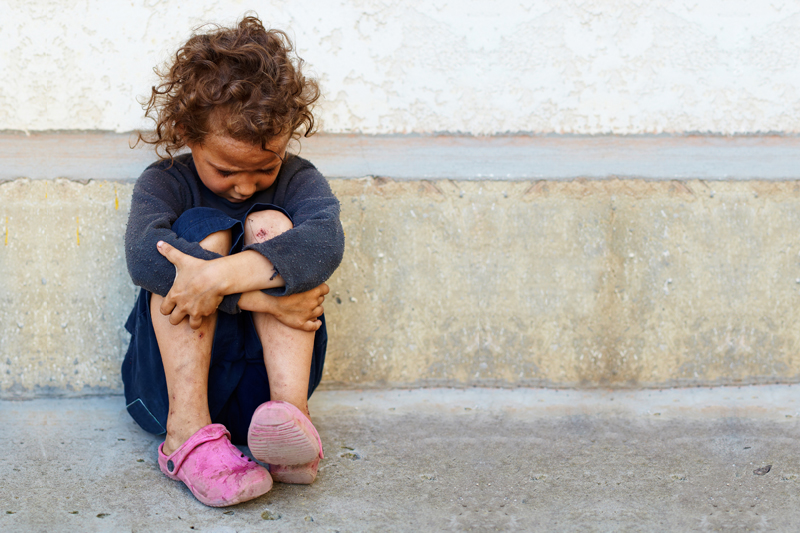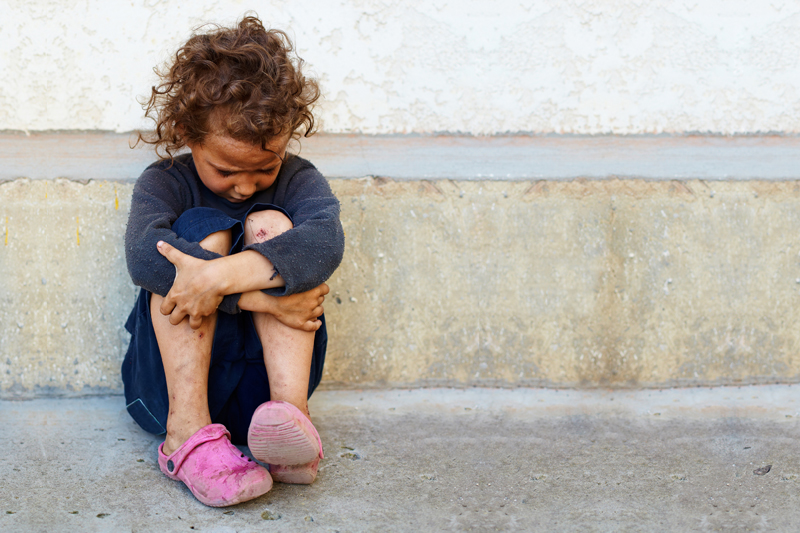Firework Safety Preventing Burns

The fourth of July often involves celebrating with personal and professional fireworks displays and pose special safety concerns for children of all ages. In 2011, the U.S. Consumer Product Safety Commission (CPSC) reported that in the month around July 4 beginning June 17 and ending July 17, “200 people on average go to emergency room every day with fire-works related injuries.” In addition, “more than half those injuries were burns” or injuries involving the hands or face. According to the statistics gathered by the CPSC that year, males age 25-44 were more likely to be injured using personal or illegal fireworks.
Many parents who are vigilant about protecting children from the dangers posed by matches, hot stoves, ovens, grills, candles, fires and hot water heaters, never consider the risks of allowing their child to wave around a sparkler. Sparklers burn at temperatures starting at 1200 degrees and can reach as high as 2000 degrees, which according to the CPSC is “as hot as a blow torch.” People fail to realize that fireworks are explosives, not toys, and explosives are essentially unpredictable.
If your community allows the use of personal fireworks, the CPSC recommends never allowing children under 18 to light fireworks. They also recommend keeping a bucket of water and garden hose nearby while using fireworks. The garden hose will extinguish a small fire, or can help cool down a burn. Place defective fireworks in the bucket of water to soak overnight before disposing of them later.
If your family chooses to attend a community or professional fireworks display be sure to discuss what children should do if they are lost. Consider that when arriving at the fireworks show it is often still light outside as the sun is only beginning to set. However, when leaving the park after the show it will be dark. Small children can easily get lost in the crowd of moving people, chairs, blankets, and coolers. In the dark, parents should be alert and watchful of where each child is located.
Other safety concerns include not allowing children to go to concession stands, restrooms, or portable toilets without a grown up. Provide older children with cell phones or two-way radios so they can stay in contact with you. Also, require them to stay in pairs or small groups of 2-4 people. Remember, people are drinking and having a good time and crowded areas are bound to have some unsavory individuals looking to take advantage of unattended children.
If you do lose a child in the crowds do not spend time searching for your child alone. Call 911 and have the police help with the search. Time is of the essence and losing a child in the dark of night can be a recipe for disaster unless parents have a plan and know what to do when this happens.
Finally, always remember fireworks are not toys; they are explosives that can cause injury and even death. If you choose to attend a local show or ignite fireworks, learn how to be safe in the process. For additional information on how to celebrate, the fourth safely visit the U.S. Consumer Product Safety Commission website.
Many parents who are vigilant about protecting children from the dangers posed by matches, hot stoves, ovens, grills, candles, fires and hot water heaters, never consider the risks of allowing their child to wave around a sparkler. Sparklers burn at temperatures starting at 1200 degrees and can reach as high as 2000 degrees, which according to the CPSC is “as hot as a blow torch.” People fail to realize that fireworks are explosives, not toys, and explosives are essentially unpredictable.
If your community allows the use of personal fireworks, the CPSC recommends never allowing children under 18 to light fireworks. They also recommend keeping a bucket of water and garden hose nearby while using fireworks. The garden hose will extinguish a small fire, or can help cool down a burn. Place defective fireworks in the bucket of water to soak overnight before disposing of them later.
If your family chooses to attend a community or professional fireworks display be sure to discuss what children should do if they are lost. Consider that when arriving at the fireworks show it is often still light outside as the sun is only beginning to set. However, when leaving the park after the show it will be dark. Small children can easily get lost in the crowd of moving people, chairs, blankets, and coolers. In the dark, parents should be alert and watchful of where each child is located.
Other safety concerns include not allowing children to go to concession stands, restrooms, or portable toilets without a grown up. Provide older children with cell phones or two-way radios so they can stay in contact with you. Also, require them to stay in pairs or small groups of 2-4 people. Remember, people are drinking and having a good time and crowded areas are bound to have some unsavory individuals looking to take advantage of unattended children.
If you do lose a child in the crowds do not spend time searching for your child alone. Call 911 and have the police help with the search. Time is of the essence and losing a child in the dark of night can be a recipe for disaster unless parents have a plan and know what to do when this happens.
Finally, always remember fireworks are not toys; they are explosives that can cause injury and even death. If you choose to attend a local show or ignite fireworks, learn how to be safe in the process. For additional information on how to celebrate, the fourth safely visit the U.S. Consumer Product Safety Commission website.

Related Articles
Editor's Picks Articles
Top Ten Articles
Previous Features
Site Map
Content copyright © 2023 by Erika Lyn Smith. All rights reserved.
This content was written by Erika Lyn Smith. If you wish to use this content in any manner, you need written permission. Contact Erika Lyn Smith for details.



